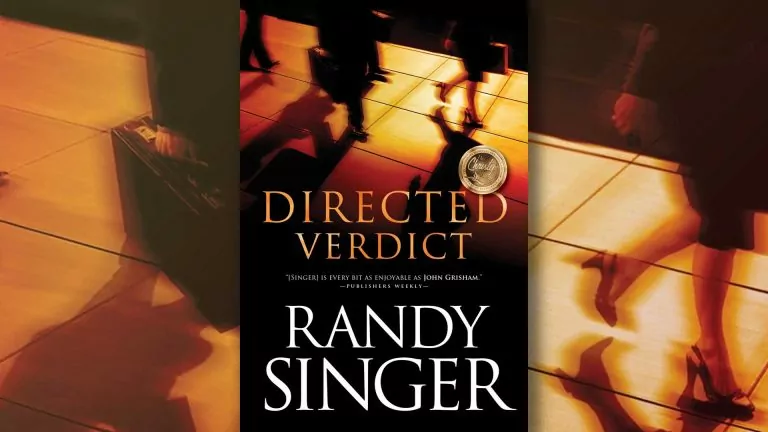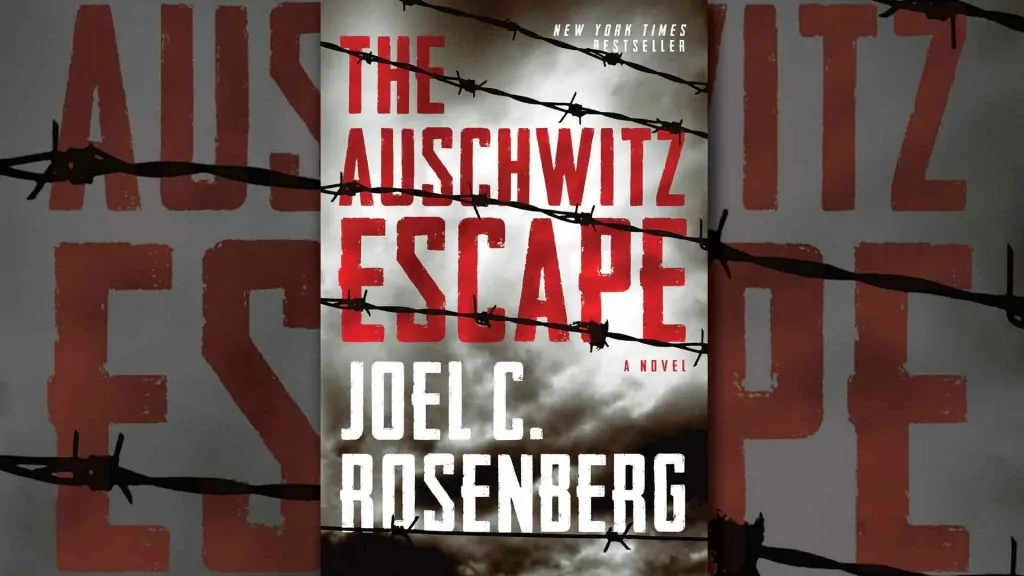by Randy Singer
2002 / 486 pages
Rating: GOOD/Great/Give
There are lots of layers in this intense courtroom drama. When the Saudi religious police uncover a secret church, Charles Reed, the American pastor, is tortured and killed, and his wife Sarah is beaten and deported on trumped-up drug charges. From there the action takes place both in an American court where lawyer Brad Carson helps Sarah bring suit against her torturer, and in Saudi Arabia, where the small church struggles to continue, their members fearful and shaken. The large law firm defending the torturer is willing to cheat, so what might their murderous client be willing to do? Sarah Reed’s team is growing to admire her courage but none of them share her Christian scruples, so what might they be willing to do behind her back to help her get justice?
I was struck by the missing obligatory conversion scene that is central to so much Christian fiction. Sarah’s legal team of Brad Carson and Leslie Connors weren’t Christian at the beginning of the book, and still weren’t at the end. That might not seem a feature in a Christian book; fictional though they may be, we don’t want our favorite characters heading towards hell. But because it happens so often, it’s quite the twist when we witness someone planting and watering, but don’t get to witness the harvest.
This quick read got me picking up the sequel Self Incrimination where Leslie is handed a copy of C.S. Lewis’s Mere Christianity. It turns out that Singer wants the best for his characters too, but he’s more patient about it, waiting until book two for the reaping.
I wasn’t as fond of this sequel, not so much because it had the obligatory conversion scene, as that it had our two favorite lawyers defending a murder suspect who seemed guilty, guilty, guilty. And they are trying to get her off! Is that what the heroes of the story are supposed to do?
I don’t want to give too much away, so all I’ll note both lawyers aren’t Christian during most of the trial and trial preparation. So if they aren’t acting entirely right, maybe it’s because they don’t know what the right thing to do might be. Still, author Randy Singer doesn’t really help readers figure it out either, and ultimately the resolution is tainted by what seems sentimentality over justice.
To sum it up, I absolutely loved the first book and wasn’t as impressed with the sequel. If Directed Verdict has you looking for another great Singer courtroom drama I’d steer you to Rule of Law instead












